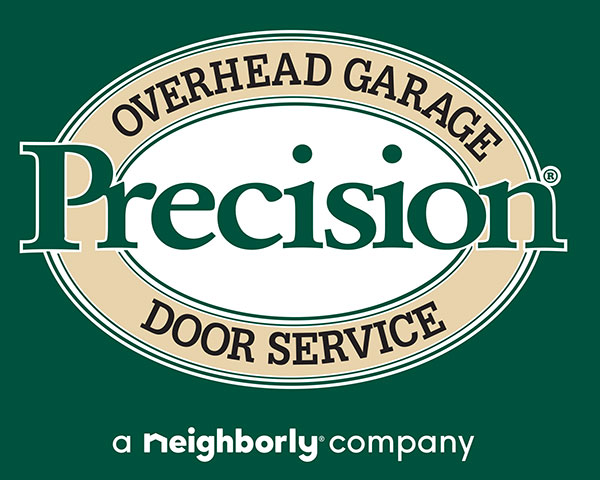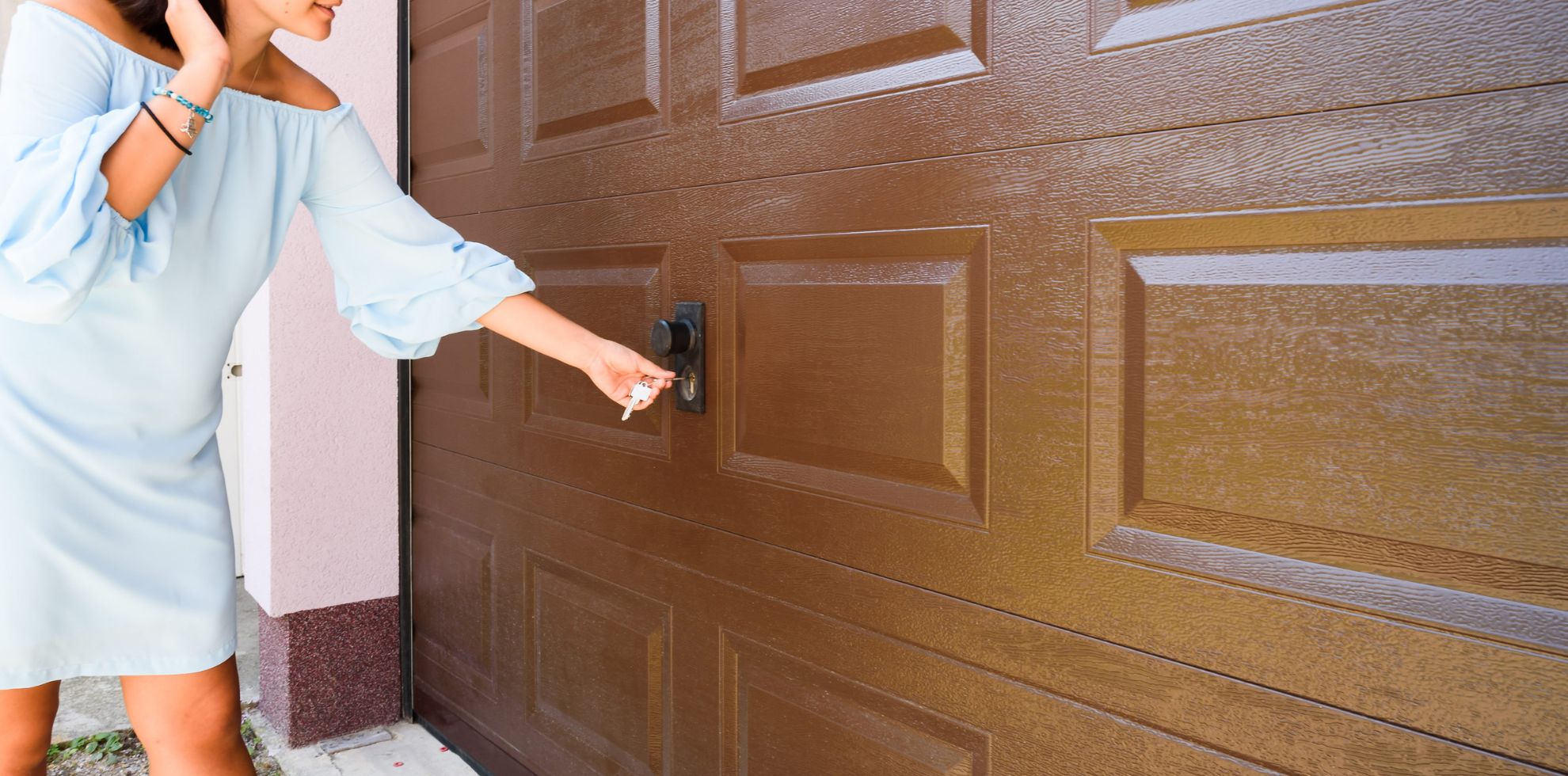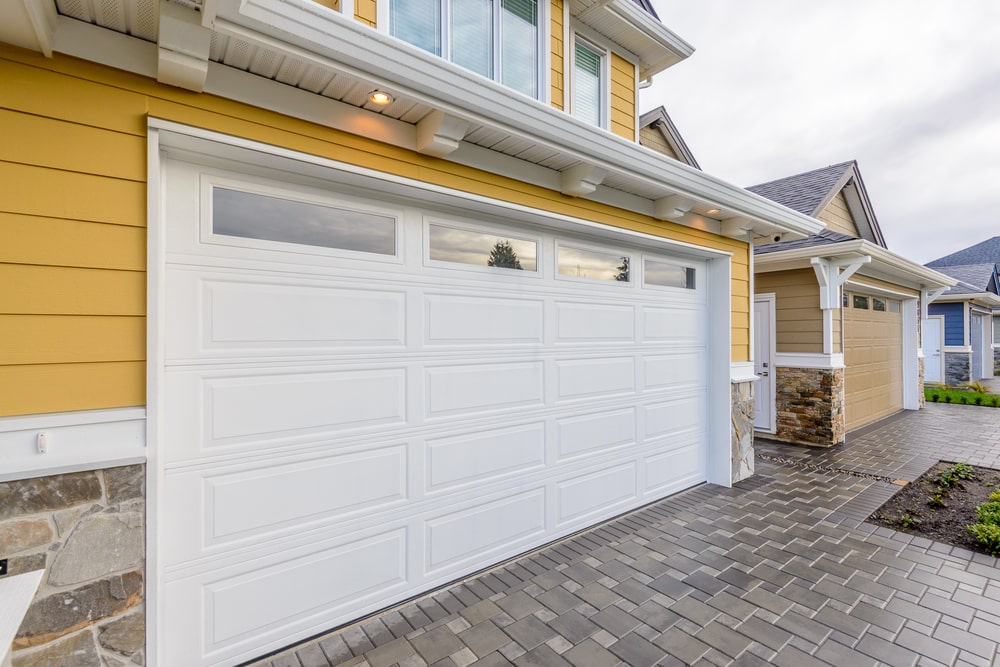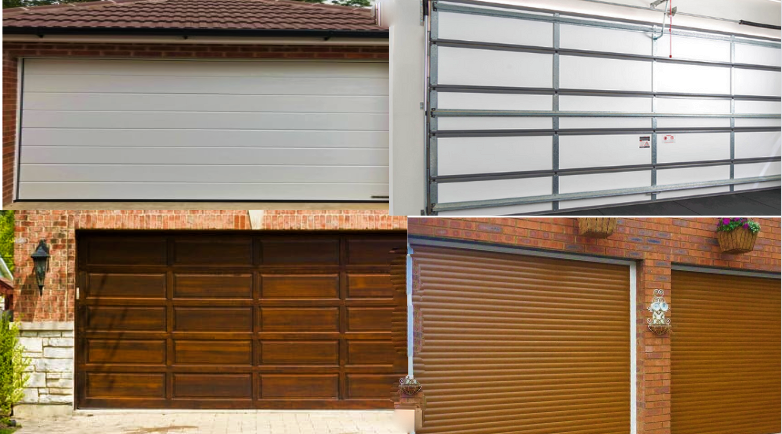
When you’re a garage owner, one of the significant decisions you’ll have to make is selecting the most suitable material for your garage door. The material you choose can have a significant impact on the door’s performance, aesthetic appeal, and maintenance requirements. In this article, we’ll take a look at some popular garage door materials – steel, aluminum, wood, fiberglass, and vinyl – discussing their pros and cons to help you make an informed choice.
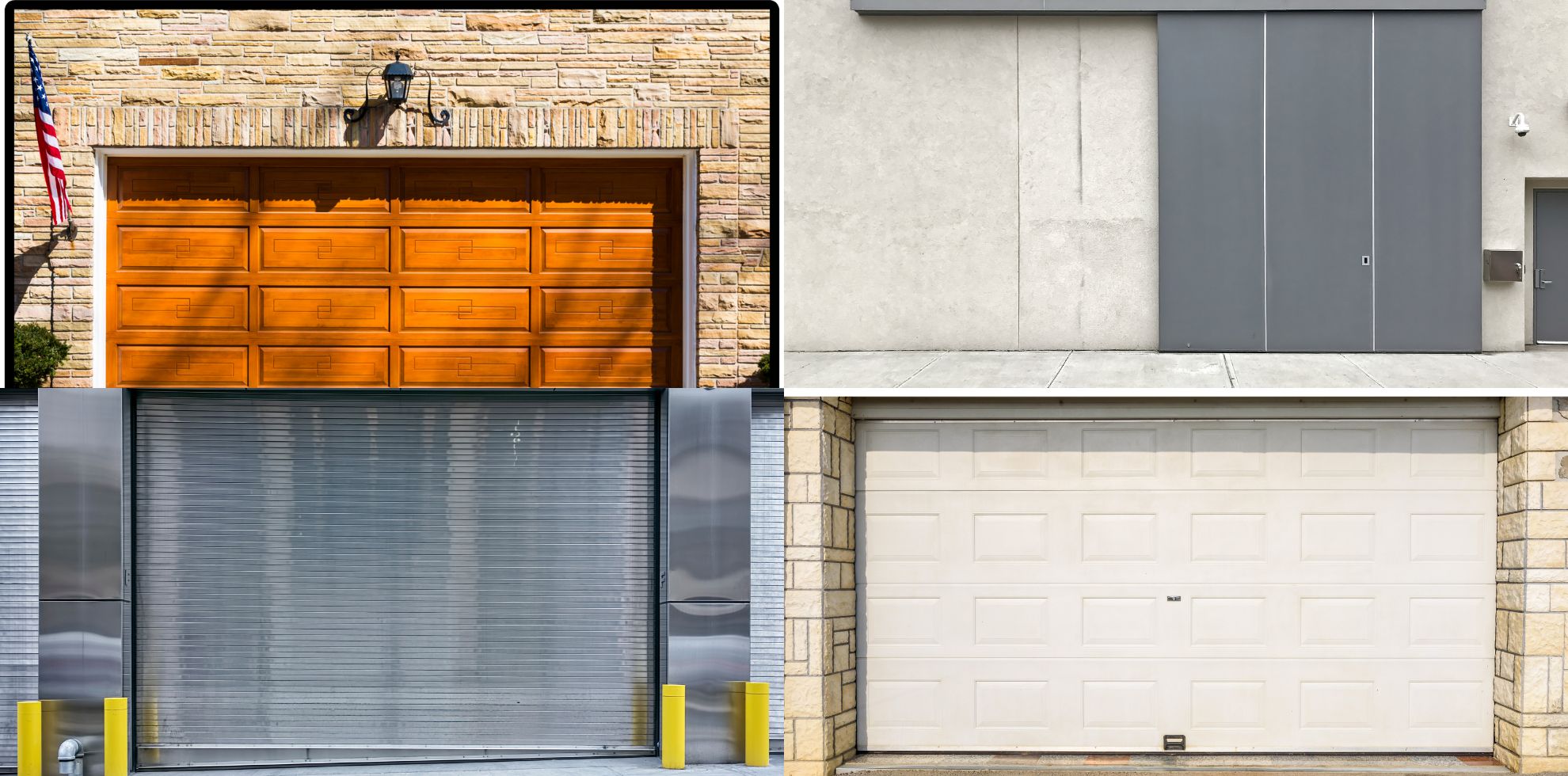
Steel Garage Doors
Arguably the most popular choice for garage doors, steel stands out for its durability and versatility.
Pros
- Durability: Steel doors are incredibly resilient and can withstand harsh weather conditions. They’re less likely to crack or break, making them an excellent choice for longevity.
- Versatility: Steel doors come in a wide range of styles, finishes, and colors, and can mimic other materials, like wood, offering a great deal of aesthetic flexibility.
- Low Maintenance: Unlike wood, steel doors require little maintenance, saving you time and effort in the long run.
Cons
- Insulation: Steel doors are not naturally insulative, which can be a problem in colder climates. However, many manufacturers offer insulated options.
- Prone to Dents and Rust: While steel doors are durable, they can dent if hit hard enough. Additionally, if the door’s finish gets scratched, it can lead to rust.
Aluminum Garage Doors
Aluminum is another popular choice, mainly known for its lightweight and modern appearance.
Pros
- Lightweight: Aluminum doors are much lighter than steel, which can extend the life of the operating mechanism.
- Rust-Resistant: Unlike steel, aluminum doesn’t rust, making it a good choice for humid or coastal regions
- Modern Aesthetic: Aluminum doors often have a more modern, sleek appearance, making them ideal for contemporary homes.
Cons
- Prone to Dents: Due to its lightweight nature, aluminum is more susceptible to dents and damage.
- Cost: High-end aluminum doors can be more expensive compared to steel doors.
Wood Garage Doors
Wood offers a classic, warm, and elegant aesthetic that is hard to replicate.
Pros
- Aesthetic Appeal: Wood garage doors provide a natural, warm, and high-end look that can significantly enhance curb appeal.
- Customizable: Wood doors can be customized in a variety of ways, including size, design, and paint or stain color.
Cons
- High Maintenance: Wood doors require regular painting or staining to prevent warping and decay.
- Costly: Wood garage doors, especially those made from hardwoods, can be more expensive than other materials.
Fiberglass Garage Doors
Fiberglass doors are valued for their unique characteristics and aesthetic appeal.
Pros
- Durability: Fiberglass is a strong material that resists denting and breaking.
- Insulation: Fiberglass has good insulation properties, making it energy efficient.
- Design Variety: Fiberglass doors can be designed to mimic other materials like wood.
Cons
- Fading: Fiberglass can fade over time due to exposure to sunlight.
- Poor Cold Weather Performance: In colder climates, fiberglass can become brittle and break.
Vinyl Garage Doors
Vinyl, also known as “plastic,” garage doors are becoming increasingly popular due to their minimal maintenance requirements and durability.
Pros
- Durability: Vinyl doors are tough and are not prone to denting or rusting.
- Low Maintenance: They require minimal upkeep and are resistant to moisture.
- Cost-effective: Vinyl doors are generally more affordable than wood or high-end aluminum doors.
Cons
- Limited Customization: Vinyl doors don’t offer as many design or color options as some other materials.
- Thermal Expansion: Vinyl can expand and contract significantly with temperature changes, which can affect the door’s performance.
Choosing the right garage door material is about understanding your specific needs, budget, and aesthetic preferences. It’s crucial to consider the climate you live in, the amount of maintenance you’re willing to undertake, and of course, how the door will look on your home. Steel, aluminum, wood, fiberglass, and vinyl each have unique benefits and drawbacks.
But understanding these will enable you to make a choice that you’ll be happy with for many years to come.
Different Garage Door Materials | Conclusion
In conclusion, selecting the appropriate garage door material is a critical decision that affects the functionality, security, and overall aesthetic appeal of your home. Steel, aluminum, wood, fiberglass, and vinyl are the primary materials to choose from, each offering its own unique advantages and disadvantages.
When making your decision, it’s essential to consider your specific priorities, budget constraints, and the climate in your local area. Steel garage doors excel in terms of durability and security, making them an excellent choice for areas with harsh weather conditions or high-security needs. However, they are susceptible to dents and may have limited design options.
Aluminum garage doors are lightweight, affordable, and resistant to rust, making them a popular choice for many homeowners. However, they may not be as durable as steel doors and can be prone to dents. Additionally, their insulation properties may be less effective.
Wood garage doors are beloved for their natural beauty and customization options, allowing you to match the architectural style of your home. They also provide excellent insulation. However, wood doors require regular maintenance, such as staining, sealing, or painting, and they are more susceptible to rot, warping, and termite infestations. Furthermore, wood garage doors tend to be more expensive than other materials.
FAQs (frequently asked questions)
Are steel garage doors prone to rust?
No, steel garage doors are not prone to rust as they are typically treated to resist rusting.
Can aluminum garage doors be insulated?
Yes, aluminum garage doors can be insulated, but their insulation properties may not be as effective as other materials.
Do wood garage doors require regular painting?
Wood garage doors require periodic staining, sealing, or painting to protect them from rot and maintain their appearance.
Are fiberglass garage doors suitable for coastal areas?
Yes, fiberglass garage doors are resistant to saltwater corrosion, making them ideal for coastal regions.
Can vinyl garage doors crack in extreme temperatures?
Vinyl garage doors can become brittle and crack in very hot or very cold climates.

